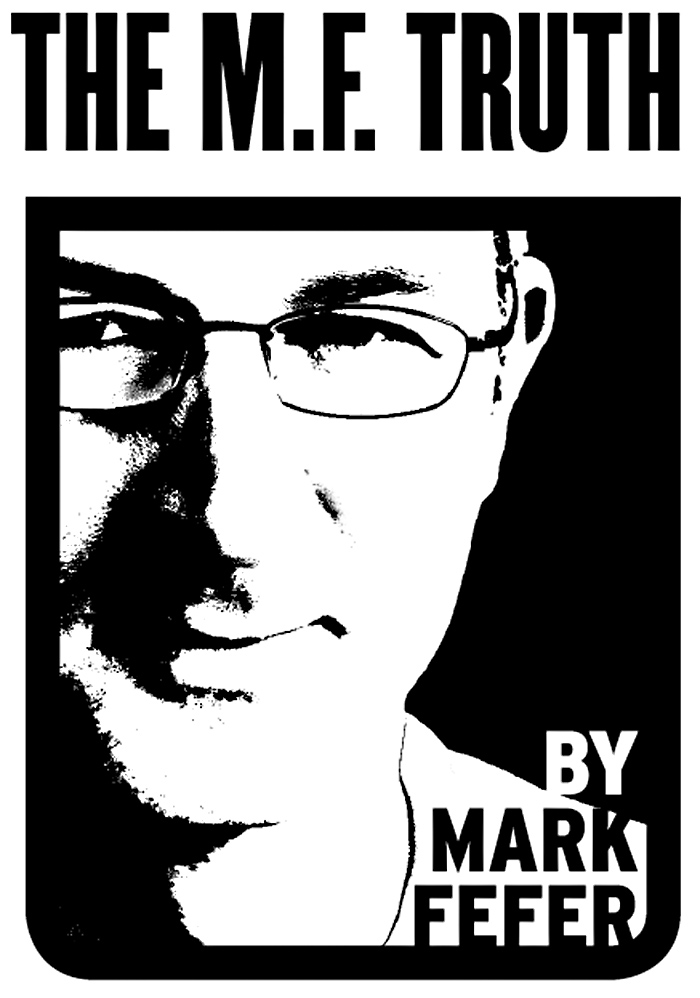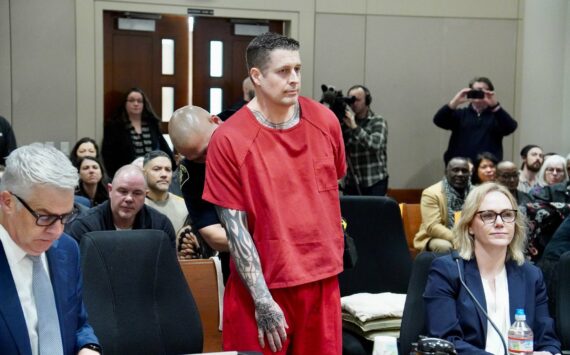Seattle-based check-cashing and payday-loan chain Moneytree is a homegrown success story that’s made great strides in changing the shady reputation of its industry, as Laura Onstot described in a SW cover story last spring (“I Have a Scheme,” March 12).
And some thanks it gets!
The city of Seattle recently launched a new program called “Bank on Seattle–King County,” whose express purpose is to get people to open up bank accounts and stop using services like Moneytree’s. “If you rely on expensive check-cashing services, now you have a great alternative,” says the city’s marketing materials. In a fact sheet about the program, the city goes on to explain: “Predatory lending and check-cashing practices exploit low- and moderate-income people by stripping almost $22 million from families and communities in Seattle alone.”
That kind of language puzzles Moneytree CEO Dennis Bassford, who wonders why efforts like this one have to justify themselves by “demonizing” his business. After all, for someone on the financial margins, the services at Moneytree aren’t such a bad deal compared to how much the bank might screw you. Bassford points to a study by the New York Federal Reserve which noted that a $29 fee on a $150 bounced check represents an annual interest charge of 503 percent. Meanwhile, the max that a place like Moneytree can charge for a payday loan in Washington state is 391 percent. So if you’ve got a payment to make today, but are two weeks away from having the funds to cover it, you’re better off heading to Moneytree than overdrawing a bank account.
In fact, Bassford says, half his check-cashing customers already have bank accounts. But they still find Moneytree’s hours, locations, and instant service useful. “Have you ever had a hold put on a check?” Bassford asks rhetorically, noting that there are none at Moneytree. “We charge a fee, and you walk out with the cash.” His company also gives six free money orders with each check cashed, so people can pay their bills.
The whole idea that banks somehow represent “respectable” commerce while an enterprise like Moneytree is parasitic and destructive is kind of a joke, especially these days. I’m pretty sure it was not the greed and exploitative practices of the Moneytrees of the world that just brought the global economy to its knees. For the first half of this decade, banks were the most profitable industry in the country, pocketing more off each dollar of sales than even the oil industry—a fact the oil industry loved to point out.
When my brother, a musician in New York, went to Citibank recently to deposit some royalty checks that were in euros, he was told he’d be charged $30 for each check. Citibank—the very symbol of seamless, frictionless global capital flow—charges $30 for the service of converting a check into dollars. What does that involve—two strokes on a keyboard? Given the far riskier services that Bassford provides, his prices look quite reasonable by comparison.
“Bank on Seattle–King County” targets the estimated 52,000 or so “unbanked” households in the county, some of whom use establishments like Moneytree to cash their paychecks and/or acquire money orders to pay their bills. Funding for the government program has come in part from Bill Clinton, through his foundation’s Economic Opportunity Initiative, which helped launch a similar venture in San Francisco two years ago. “Bank on San Francisco” now has 24,714 accounts “open and active,” according to the San Francisco mayor’s office.
In Seattle, as in San Francisco, the local financial institutions have pretty much all signed on—and why wouldn’t they? Having the government, along with various social-service agencies, beating the bushes to get you new depositors seems like a pretty sweet deal. In return, these banks and credit unions have agreed to give each “Bank on” customer a once-a-year bounced-check waiver.
Even Bassford agrees that for people who don’t habitually overdraw their account or dip below minimum-balance requirements, a bank account is a good idea. And “Bank on” is aiming to provide money-management guidance, so that participants develop the financial responsibility necessary to make a bank account pay off.
All of which is a good thing. Still, says Bassford, “What I find remarkable is that when these initiatives are announced, we aren’t invited to the table. They want to reach out to the customers who come to me, so why don’t they invite me to discuss this customer base? If you’re looking at what their needs are, why not ask the people who are serving those needs?”
Instead his business is generally pitched as the enemy. When earlier this year President Clinton and California Governor Arnold Schwarzenegger wrote an op-ed in the Wall Street Journal about reaching out to the unbanked, the piece was headlined “Beyond Payday Loans.”
After launching the program in September, the city recently started placing ads on every King County Metro bus route, says Jerry DeGrieck, a policy advisor in the city’s Human Services department. Moneytree is right there with them, having also recently started a Metro bus ad campaign.
So what about handing out “Bank on” brochures in front of Moneytree outlets? “That’s a great idea,” says DeGrieck. “We may do that.”
But if the city didn’t treat Moneytree like an outcast, it might be able to reach those customers more easily right now.








